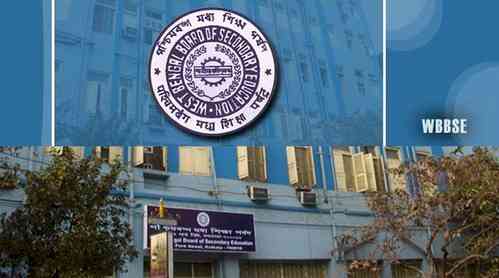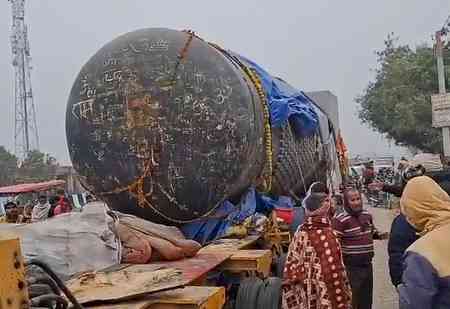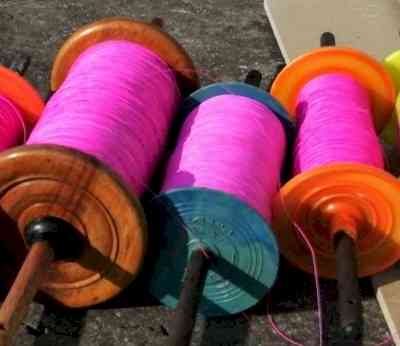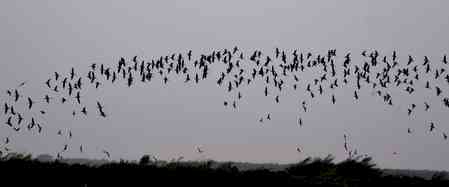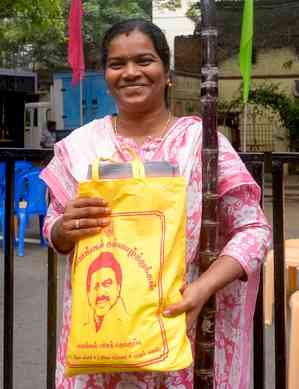Webinar on “Soil and Climate” by Dr Rattan Lal organized at Amity University
Says the greenhouse effect is a bio-geography process
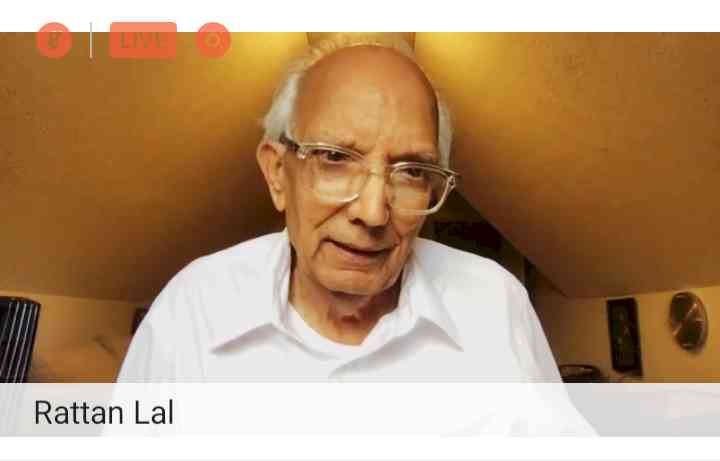
The role of soil in the field of agricultural improvement including the development of environment is very important. A webinar was organized by the Amity Food and Agriculture Foundation to provide an insight on the researches being carried out for maintaining soil health with Dr. Rattan Lal, recipient of the World Food Prize 2020 and Professor at Ohio State University delivering a lecture on "Soil and Climate".
Dr. Ashok K Chauhan, Founder President Amity Education Group and Dr. W. Selvamurthy, Chairman, Amity Science Technology and Innovation Foundation welcomed Dr. Rattan Lal on the occasion. Dr. Nutan Kaushik, Director General, Amity Food and Agriculture Foundation were also present during the event.
Dr. Rattan Lal said that the greenhouse effect is a bio-geography process that is essential for the progressive advancement of life on Earth. Through this process, the gases present in the atmosphere of a planet or satellite help to make the temperature of the atmosphere higher. He added that the earth's atmosphere also affects greenhouses and due to the rapid impact of greenhouses, global temperatures are rising at a rate of 0.1 degrees Celsius per decade and our ecosystem cannot accommodate this boom. Dr. Rattan Lal said that for the management of short-term global carbon, carbon dioxide manure will manage water, nutrition and caste manage climate change, accelerate silicate weathering, geo-engineering, and soil management.
Dr. Rattan Lal said that to sequence atmospheric carbon dioxide in long-lived pools, Geologic Sequestration, Chemical Sequestration, Oceanic Sequestration, Biotic Sequestration and Pedologic Sequestration are necessary. Referring to Indian agriculture, Dr. Rattan Lal suggested that for the development of agriculture in India, In-field burning of plant residues; flood-based irrigation; removal of top-soil for brick-making; Broadcasting fertilizer in water or on the soil; Plowing and puddling of soil; Traditional fuels (cow dung, crop residue, wood etc); Uncontrolled grazing by free roaming cattle; Storage of grains in the open under a plastic cover; Subsidies for flood irrigation and nitrogen fertilizer and use of crop residues for other uses should be curbed.
He further suggested for adoption of conservation agriculture; Recycling of crop residues and animal waste on land; Clean fuel has to be provided for rural areas; Protecting prime agricultural land against urbanization; Trees have to be planted on the upper areas; Soil and environment based education to be provided at the school and college level; Paying farmers for ecosystem services; Encourage religious institutions to preach land ethics and protection of soil and nature; Increase dialogue with policymakers and involve panchayats & communities in soil restoration for Indian farming system to be strengthened. He added that scientists of Amity are doing excellent work in the field of agriculture, soil, and water conservation etc and stated that science is benefited only when people are aware and can get information.
Addressing the guests and students, Dr. Ashok K. Chauhan said that research work is being done by the scientists and scholars of Amity to address the challenges arising in agriculture and allied sectors. He averred that amity not only trains farmers through various conferences and training programmes but also goes to their fields and provides troubleshooting of the problems faced by them. Dr. Chauhan stated that agriculture is most important for the development of any nation and students are motivated by Amity to focus on research and innovation in this field.


 cityairnews
cityairnews 
